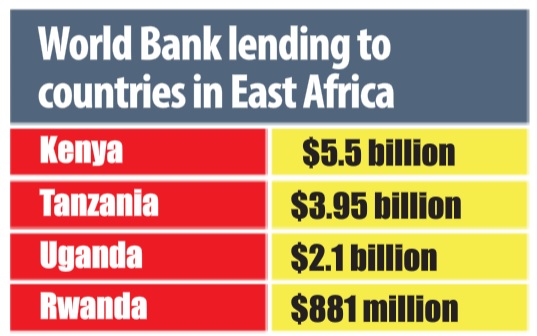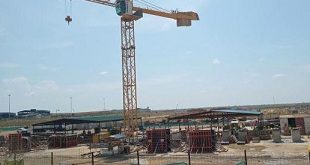
Even the usually voluble Minister of Finance, Matia Kasaija, when pinned by journalists in Kamwenge was a little reticent.
Kasaija told journalists that all the four parties involved in the Kamwenge road project; UNRA, World Bank, the government, and the contractor had “made mistakes”.
“Even World Bank made some mistakes which I am not going into now,” he said. He said the government may not have provided enough money for compensation and the contractor had not done their job to their best and in some cases, UNRA had not supervised well.
“We did not do some things in accordance with the World Bank. They issued us many warnings but we were busy campaigning,” he said and vowed that the government was determined to rectify all wrongs.
Government reacts
Self-effacing appears to be the chosen government response to the World Bank decision. “The World Bank is right, the World Bank is right” appears to be the favoured refrain from the government officials. In the past, President Museveni has scoffed at the World Bank for withdrawing financial support to the 250MW hydropower dam project at Bujagali on the River Nile over environment concerns or what Museveni sneeringly calls “a few rare butterflies”.
There is no sneering this time. The day the bank announced its move to put new lending on hold, Muhakanizi, appeared before the parliamentary Public Accounts Committee (PAC) to answer queries related to the same – non absorption of allocated funds by Ministries, Departments and Agencies (MDAs) even when there’s unmet need.
Some of the projects the MPs pointed to have had 0% absorption even with funding available include the Urban Markets and Marketing Development of the Agricultural Products Project by Agriculture Ministry whose funding was acquired in 2009, construction of a Technical Institute at Nakaseke by the Ministry of Education in 2011, construction of a specialized maternal and neonatal healthcare unit in Mulago whose money was availed in 2012, construction of Mutundwe – Entebbe power transmission line whose loan was acquired in 2013, dualling of Kampala Northern By Pass and Construction of the Mbarara by pass and construction of Kyenjojo Hoima – Masindi – Kigumba whose money was availed in 2013.
Muhakanizi told the committee that low absorption of government loans was due to gaps in procurement and low efficiency in ministries.
It was an old tale. Last year, according to the Auditor General’s report for the year that ended in December 2015 15 out of the 73 loans they assessed were at 0% absorption, 58 were performing below 20%.
But, it’s not just loans that suffer slow absorption. Speaking on the sidelines of the recent Annual Government Performance Review where the issue of non utilization of resources first came up, Finance Minister Kasaija warned that Uganda risks losing the money to countries that can utilize the funds. He gave an example of the Education Ministry that failed to absorb $100million grant that the World Bank and the African Development Bank provided to construct 220 schools around the country which had become a focus of discussion when the president tasked the minister to explain the poor performance.
Because of huge loans, Kasaija said the country’s outstanding public debt was projected to hit $7.6 billion from $7billion previously. This worries experts.
Part of the explanation for the apprehension could be the timing of the announcement. As often, politics is driving the technocrats, both on the Uganda side and at the World Bank. President Museveni needs up to US$20 billion to construct a number of mega projects in four years up to 2020 when, he says, Uganda must become a Middle Income country.
There is a frenzy of infrastructure projects under construction including a US$350m Entebbe Express Highway, the US$1.6 billion Karuma Hydropower Dam, and the US$500m Isimba dam. Most of these have been financed by the Chinese development finance arm, the Exxim Bank of China. But China has its own challenges and lethargy in lending to Uganda could be setting in. Yet Museveni needs to build an oil infrastructure, a pipeline, and a Standard Gauge Railway (SGR), roads, and other hydropower dams. So Museveni must treat all lenders courteously, even difficult ones like the World Bank.
****
editor@independent.co.ug
 The Independent Uganda: You get the Truth we Pay the Price
The Independent Uganda: You get the Truth we Pay the Price



